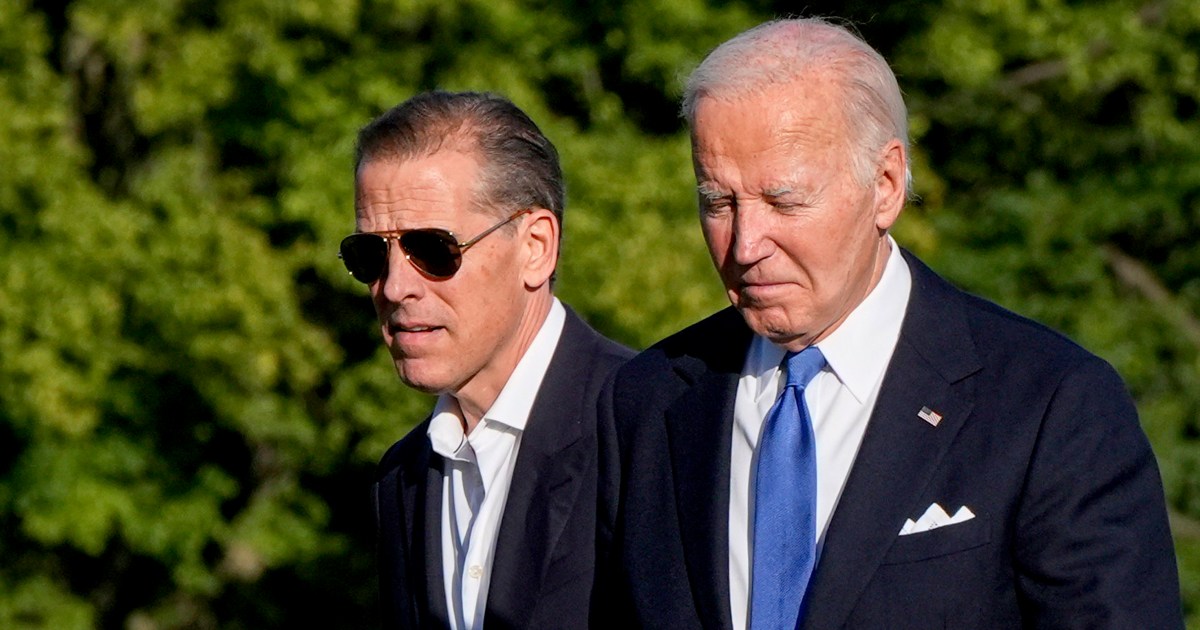President Biden Exercises Executive Power to Pardon Son in Defiance of Promise

In a decision that has already sparked intense scrutiny and criticism, President Biden has granted his son, Hunter, a full and unconditional pardon on Sunday, utilizing his presidential authority to sidestep the established pardon process. This move comes as a surprise, as the president had previously vowed to prioritize fairness and equality in the pardon process.
Reversing his stance, President Biden stated that the pardon was necessary to shield his son from relentless attacks and prosecution, claiming that his son had been unfairly targeted due to their relationship. This explanation echoes a similar argument made by former President Trump, who had also used his pardon power to vindicate individuals he believed were subject to selective prosecution.
The pardon bypasses the standard process, in which the Justice Department reviews and recommends pardons to the president. This strategy has raised questions about the legitimacy of the pardon and whether it undermines trust in the justice system. Critics argue that the move not only circumvents established procedures but also appears to be a favoritism, given the circumstances of the case.
Hunter Biden is currently facing multiple charges, including gun possession and tax evasion, carrying a maximum sentence of 42 years. His plea of guilty to the gun charges in June and scheduled sentencing for December 12, and another case related to tax evasion with a sentencing date of December 16. The pardon grants him a full exemption from incarceration, as per his father's executive decision.
As the country prepares for the transition of power to the Trump presidency, the controversy surrounding President Biden's decision may recede into the background. However, the implications of this and similar pardon decisions may have lasting effects on the future use of presidential authority, raising questions about accountability and the balance of power in the system.